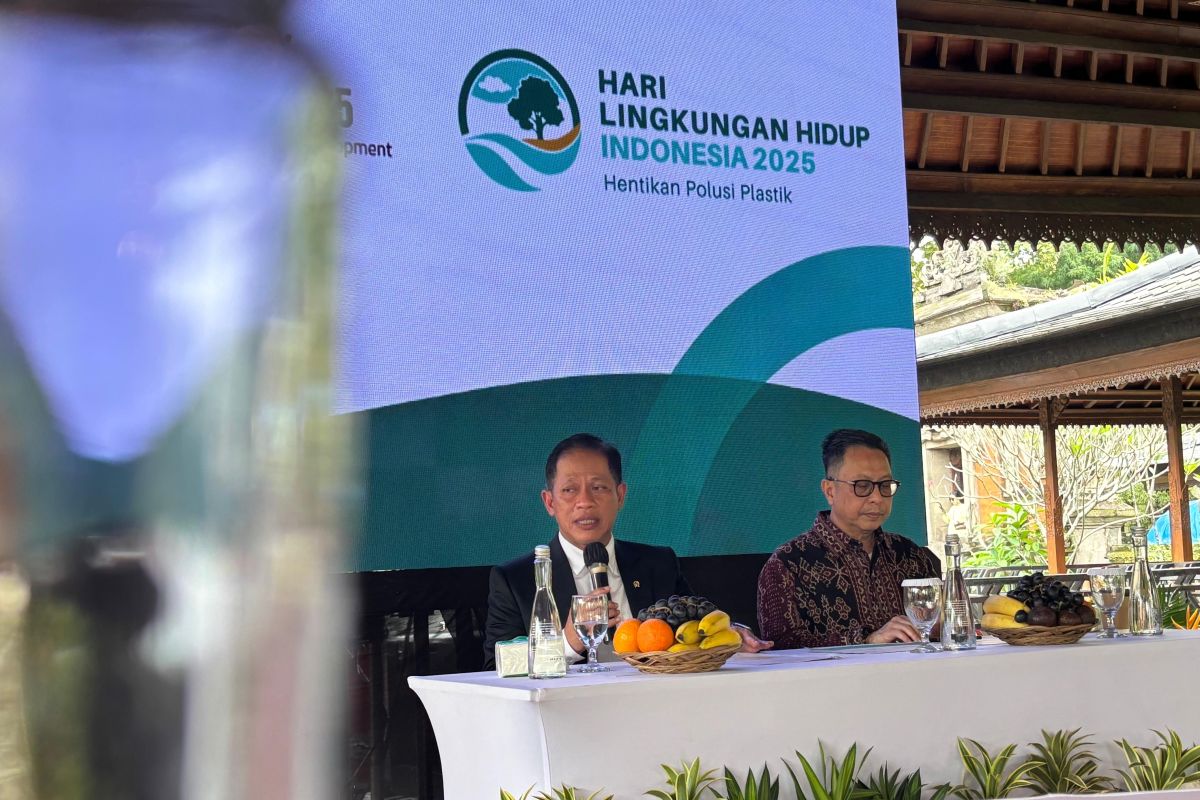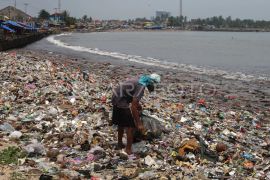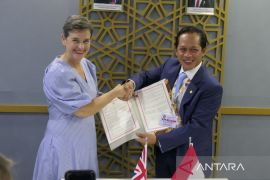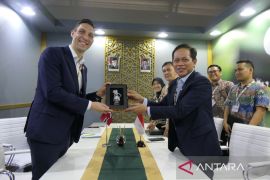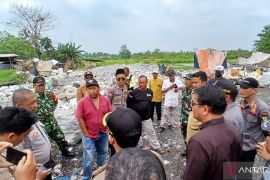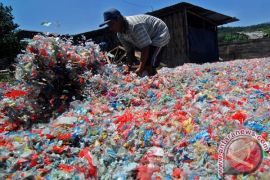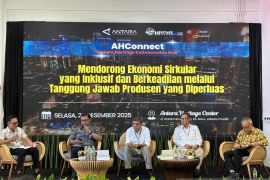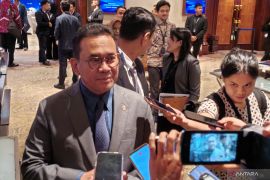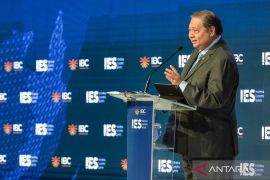At a press conference after the International Day for Biological Diversity event here on Thursday, Minister of Environment, Hanif Faisol Nurofiq, said that Indonesia has rules for EPR in place under Ministerial Regulation No. P.75 of 2019.
The regulation concerns the Roadmap for Waste Reduction by Producers.
“Currently, this regulation is still voluntary, meaning that it is voluntary for a company to take back its product waste. However, under our law, EPR should be mandatory,” Minister Nurofiq explained.
Therefore, he added that the government is now preparing to make EPR mandatory.
By requiring producers to be responsible for the waste from their product, Indonesia seeks to follow the path of some other countries where producers are required to either collect such waste or choose to pay for its proper management.
This step is deemed necessary since in 2024, data from 315 districts and cities put total national waste generation at 33.98 million tons, with plastic waste accounting for 19.71 percent of the figure.
Plastic waste is second after food waste as a contributor to waste build-up in Indonesia.
The move to address plastic waste build-up or pollution aligns with the theme of this year’s World Environment Day on June 5, which is “Let’s Stop Plastic Pollution.”
Furthermore, Minister Nurofiq is currently reviewing policy proposals in preparation for the “Intergovernmental Negotiating Committee (INC) to Develop an International Legally Binding Instrument on Plastic Pollution” that will meet in Geneva this August.
Related news: Indonesian Govt calls for producer accountability in waste management
Related news: Ministry asks producers to make waste reduction road map
Related news: Historic negotiations to end plastic pollution and Indonesia's role
Translator: Prisca, Kenzu
Editor: Primayanti
Copyright © ANTARA 2025
